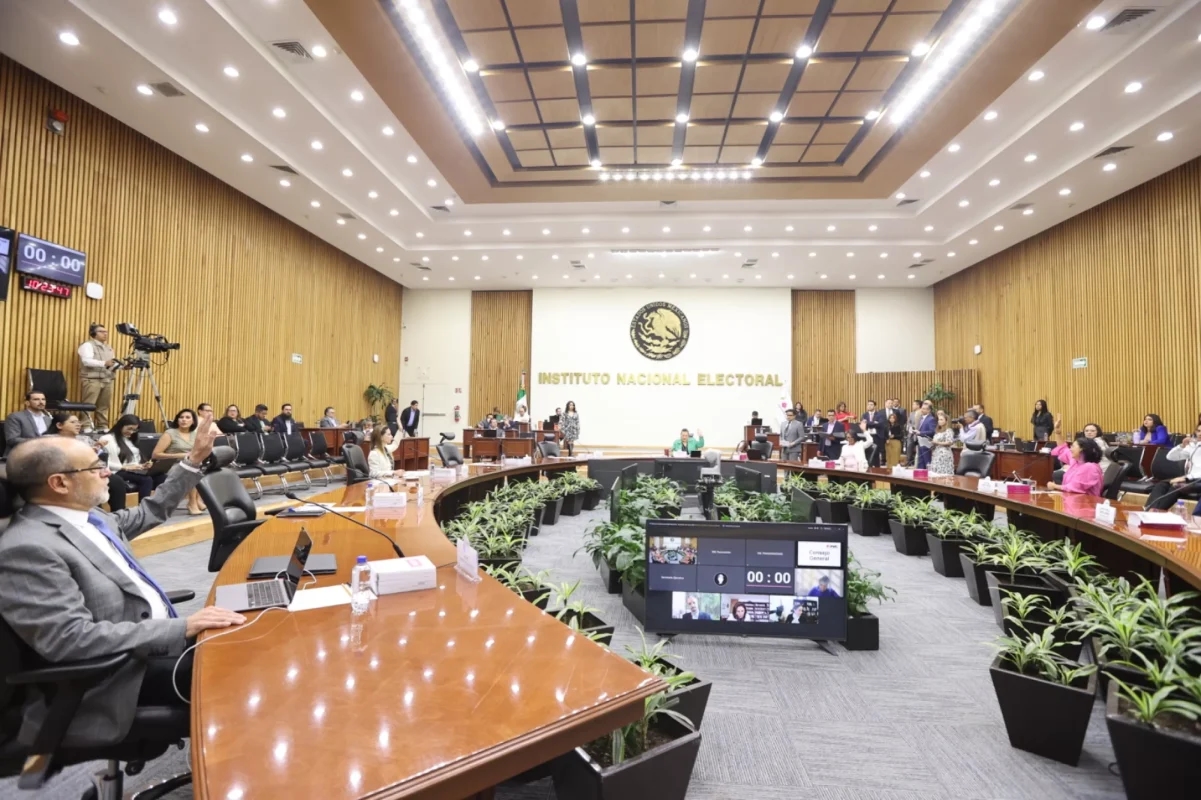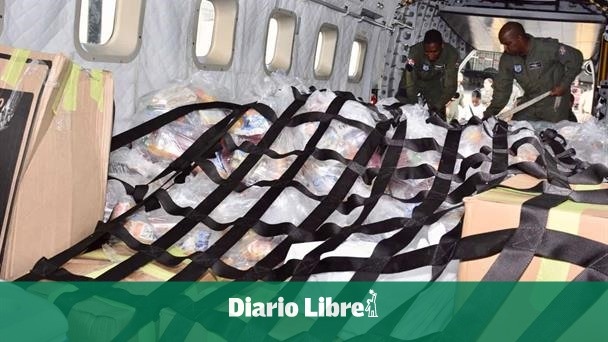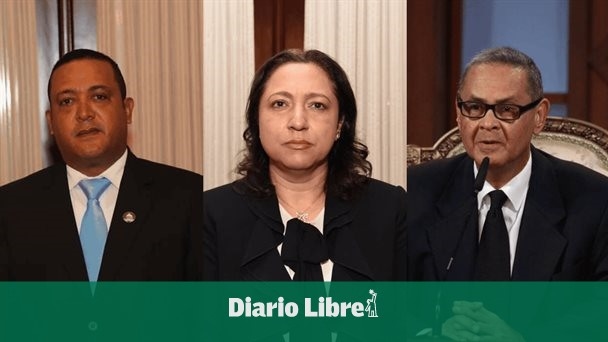The INE leaves vacancies in 13 OPLEs due to a lack of agreements

With just over a year until the country's 32 states begin organizing their local elections in 2026 , several Local Public Electoral Bodies (OPLEs) are facing incomplete staffing. The National Electoral Institute (INE) recently appointed 26 new councilors , but a lack of consensus prevented filling 16 additional positions in 13 states, leaving key posts vacant.
This situation marks an unprecedented event in the recent history of the INE , as for the first time since the institute has had the power to appoint local councilors, vacancies are being registered due to internal confrontations and the impossibility of reaching the qualified majority necessary for the appointments.
Among the most relevant cases is Coahuila , the only entity that will have local elections in 2026, where of four vacancies only three were appointed and the presidency of the OPLE remained vacant .
Other states with unfilled positions include:
- Campeche, Guerrero and Colima : the presidencies of the councils for gubernatorial elections in 2027 remain vacant
- Durango : only two of four vacancies were filled
- Hidalgo and Nayarit : one of three councilors in each state was appointed
- Puebla : one of three vacancies remains unfilled
- Quintana Roo : three out of four council positions filled
- Sonora : two out of three
- Tamaulipas and Tlaxcala : one of three designated councilors
In contrast, some OPLEs managed to complete their integrations: Veracruz filled two vacancies, while Aguascalientes, Baja California and Chihuahua appointed the three disputed positions.
The lack of agreements and the presence of vacancies in 17 State Electoral Bodies (OPLEs) pose a challenge to the organization of upcoming elections. If the Electoral Tribunal of the Federal Judiciary (TEPJF) does not intervene, these positions could remain vacant, affecting the coordination and execution of local elections.
During the INE session, internal differences among council members became evident, hindering the process of reaching consensus. Martín Faz Mora lamented the lack of agreements and pointed out that the situation is further complicated by the ongoing debate surrounding the potential elimination of the State Electoral Bodies (OPLEs) under the electoral reform planned for early 2026.
Among the council members who denounced the lack of coordination were Jaime Rivera, Dania Ravel, Carla Humphrey, and Martín Faz Mora , who pointed out the absence of Arturo Montaño , president of the INE's Liaison Commission with the State Electoral Institutes (OPLEs). This situation, they said, prevented them from working toward the necessary consensus for the appointments.
Rivera noted that intransigence prevailed: “Never before have such intransigent attitudes, even without arguments, been used to prevent a qualified majority. It was simply 'no.' Or 'yes' at first, and then, always 'no.'” The lack of persuasion, negotiation, and willingness to reach agreements revealed an internal crisis that could affect the operation of local bodies.
Councilor Espadas commented that the internal conflicts reflect problems that have accumulated over 30 months of work, which surfaced during the appointment session. This situation highlights the importance of coordination and institutional leadership , especially as an electoral cycle approaches that requires efficiency, transparency, and legality in the appointment of those responsible for organizing the elections.
The INE and the TEPJF must define the steps to follow to fill these vacancies and ensure that the OPLEs function with integrity and operational capacity in the preparation of local and state elections.
The fact that 13 local electoral bodies (OPLEs) have vacancies in key positions is an unprecedented event that tests the INE 's capacity to coordinate local elections in 2026. Internal confrontations, a lack of leadership, and the absence of consensus highlight institutional challenges that must be resolved quickly to ensure the transparency and legality of the electoral processes .
The immediate future of these organizations will depend on the intervention of the TEPJF , internal negotiations, and the ability of the councilors to overcome differences and ensure that all local electoral processes are carried out normally and credibly.
La Verdad Yucatán





